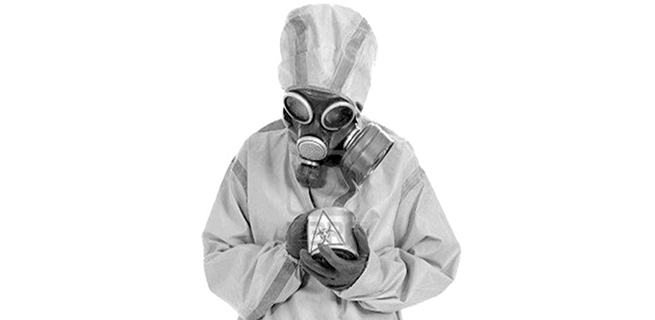The editor,
Sir
The following is an article on preparing for the Ebola disease. I am qualified to write this as I have trained several groups on disease control including cleaning and disinfecting. I will be informative to workers in the health sector and the general readership.
Containing the Ebola Virus
The Ebola disease, unknown to most of us until recently, is among the most contagious diseases known. And it is a most deadly disease with a fatality rate of between fifty and ninety percent (50%-90%). Jamaica is preparing for the disease should it breach the defences of the country. Training of health personnel who are expected to treat possible cases is one important aspect of preparation. However, are the people who’ll contain and prevent transmission of the disease being trained?
Medical practitioners are being trained not only to treat Ebola cases but to protect themselves, which is quite in order because ailing professionals cannot offer health care to those suffering from the disease. But the containment and prevention of transmission of the Ebola virus will be dependent on the work of the janitorial staff in the various institutions where these cases are held/treated. The Janitorial staff are the most critical workers in the containment and prevention of transmission of the virus. Unfortunately this sector of health workers is often considered as incidental to other categories of workers.
The Janitorial staff are responsible for keeping clinics and hospitals clean, microscopically and macroscopically clean. But how much training have they been given especially in light of the threat of the Ebola disease? The training has to be specific for the containment of the virus.
Consider the following in which they should be trained.
The janitorial staff should be trained to clean and disinfect all hand-contact surfaces such as door handles, faucet handles, flush handles of water closets, refrigerator door handles etc. Of course the cleaning of floors should not be neglected. The frequency of cleaning and disinfecting will be determined by the number of people entering/using the institutions. In normal conditions, cleaning and disinfecting may be done hourly but in cases of emergency more frequent attention will be required.
The staff must be furnished with personal protective equipment (PPE) and be trained to use PPE correctly. The Janitorial staff, like all medical practitioners, should never put fingers in their nostrils, mouths and eyes regardless of how much they itch.
Hands should be washed frequently. Hands should be washed before and after using the bathroom. The handle which is used to turn on the water at the sink should also be washed with soap, if not the hands will be re-contaminated on turning off the water. The hands will be re-contaminated, if a door is on the entrance/exit of the bathroom, on exiting the bathroom after washing the hands.
The Janitorial staff and medical practitioners should never lend their pens to patients in the institution. This sounds callous but it is one important way of containing the transmission of diseases including Ebola.
Fabric including bed linen, towels, etc. should never be hand-washed. Some fabric may have to be burned. Authorities must provide washing appliances in clinics and hospitals.
Janitorial staff should be trained to mix/dilute disinfectants correctly. Chlorine is a broad spectrum disinfectant, it is relatively inexpensive, effective, and readily available only that it may prove corrosive to some surfaces.
Among health workers, janitorial staff are most critical to containment and prevention of transmission of diseases including the deadly Ebola virus in the various institutions
Yours etc.
A.Rudolph
Ocho Rios, St Ann









